In a collaboration, Microsoft Research and the University of California, Berkeley, have unveiled their latest creation: an innovative large language model (LLM) named Gorilla. This development has already proven to surpass the capabilities of GPT-4, showcasing remarkable strides in accuracy and flexibility, particularly in the realm of API calls.

The Power of Gorilla LLM
Gorilla is a LLM that can provide appropriate API calls. It is trained on three massive machine learning hub datasets: Torch Hub, TensorFlow Hub and HuggingFace.
GPT-4, an impressive creation by OpenAI, has earned its reputation for prowess in text generation, language translation, and providing informative responses. However, where GPT-4 falls short is in its understanding of the intricate semantics behind API calls. Although it can mimic the language found within API documentation, it lacks true comprehension of the essence behind each API call’s purpose.
Gorilla LLM addresses this limitation through the ingenious application of “retriever-aware training,” a technique that imparts a profound understanding of API call semantics. This strategic approach empowers Gorilla to not only master the syntax intricacies but also to delve into the underlying meaning of each API call.
Surpassing Expectations: Gorilla’s Performance

Recent studies have shed light on Gorilla’s remarkable prowess, showcasing its dominance over GPT-4 across diverse API calling tasks. While GPT-4 manages to achieve a commendable 85% accuracy in handling API calls, Gorilla takes a leap forward with an astounding accuracy rate of 95%. This staggering achievement underscores Gorilla’s unparalleled capacity to accurately comprehend and execute API calls.
Gorilla’s Unique Trait: One of Gorilla’s most distinguishing features is its ability to generate precise API calls even for interfaces lacking prior training data. Unlike GPT-4, which relies heavily on existing training datasets, Gorilla showcases its adaptability and innovation by crafting suitable API calls for previously uncharted territory.
Example API calls generated by GPT-4, Claude, and Gorilla for the given prompt.

A New Era: Advancements in LLM Technology
Gorilla’s introduction marks a significant stride in the realm of large language models. Its enhanced accuracy and profound comprehension of API calls lay the foundation for a myriad of applications. Notably, Gorilla remains unwaveringly adept at generating impeccably structured and semantically sound content, even in the face of evolving API documentation.
The Promising Horizon
As we gaze toward the future, it becomes abundantly clear that Gorilla is more than just a development; it’s a beacon of promise. Its remarkable ability to navigate the complexities of API calls, coupled with its adaptability to changing circumstances, positions Gorilla as a potent and invaluable tool across a multitude of applications.
Moreover, it’s important to highlight that Gorilla’s capabilities extend beyond its groundbreaking understanding of API calls. Gorilla is an LLM that is capable of providing appropriate API calls. It achieves this feat through rigorous training on three expansive ML hub datasets: Torch Hub, TensorFlow Hub, and HuggingFace.
Overall, the collaborative efforts between Microsoft Research and UC Berkeley have birthed a true game-changer in the form of Gorilla LLM. This innovation not only outshines its predecessor, GPT-4, but also introduces a new paradigm of understanding and executing API calls. The journey of Gorilla is one of evolution, progress, and unyielding potential, marking a significant chapter in the ongoing narrative of technological advancement.


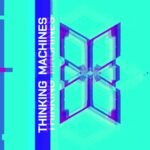

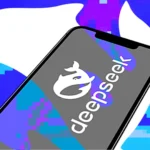

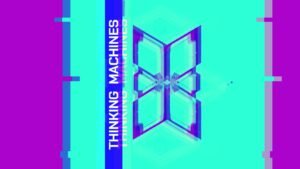


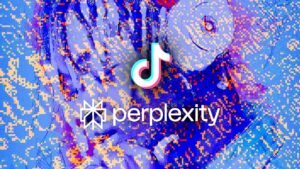
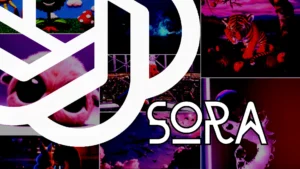

Welcome to our comments section!
We value your feedback and encourage you to share your thoughts in the comment section. Let’s keep the conversation meaningful, respectful, and inclusive.
For the best user experience, commenting is closed after an article has been posted for seven days. Please ensure your comments align with our Community Guidelines.